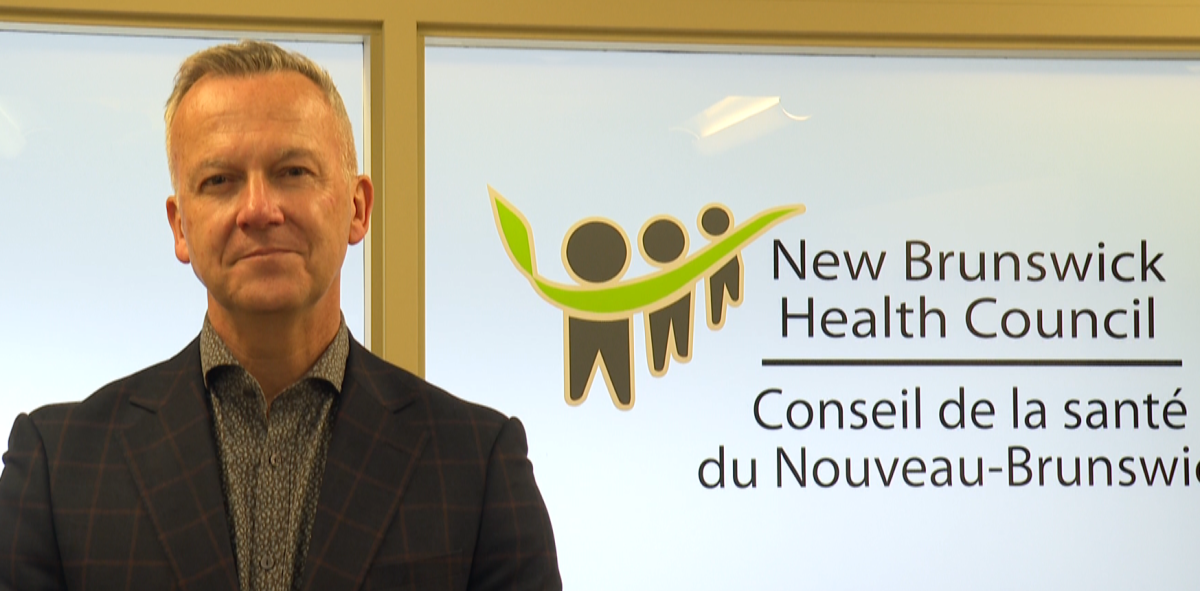A new report from the New Brunswick Health Council indicates the delays New Brunswickers face in seeing their family doctors is due to the way the work is organized rather than doctor shortages.

Stéphane Robichaud, CEO of the NBHC, said, “As a system we have a very poor grasp of the number of doctors we have, what are their practice trends,” noting that many family doctors don’t have a family practice, and instead work in after-hours clinics or at the hospital.
The report says this reduces their availability and creates more demand for after-hours clinics.
He says the council is advocating for an approach where patients could be referred to a team of people made up of different types of health professionals — for example, nurse practitioners and dietitians — in addition to their family doctor.
Recruitment still a concern
Eighty-six per cent of New Brunswickers have a family doctor, while four per cent have a nurse practitioner they count on for primary health care.

Get weekly health news
This means New Brunswick has a relatively high rate of family doctors compared to the rest of the country.
Despite that, Robichaud says recruitment is still a concern as the province’s doctors are an aging population
“Many doctors have really highlighted that the current model is not sustainable,” Robichaud said, saying the physicians were seeking a better work-life balance.
“A number of them have highlighted this part of their clientele that are patients with chronic conditions, and they’ve highlighted the opportunity to have people trained to better accompany these individuals. ”
“We’re one of the last jurisdictions to do a move to a team approach,” he added.
He says a one-size-fits-all approach doesn’t suit New Brunswick, as the needs are very different across different regions.
“It’s very difficult to put a cost to it,” he said when asked about the financial impact of shifting to the new approach.
The findings are part of the 2020 edition of the council’s Primary Health Survey, which was created using the input of 13,500 patients as well as consultations with doctors.









Comments